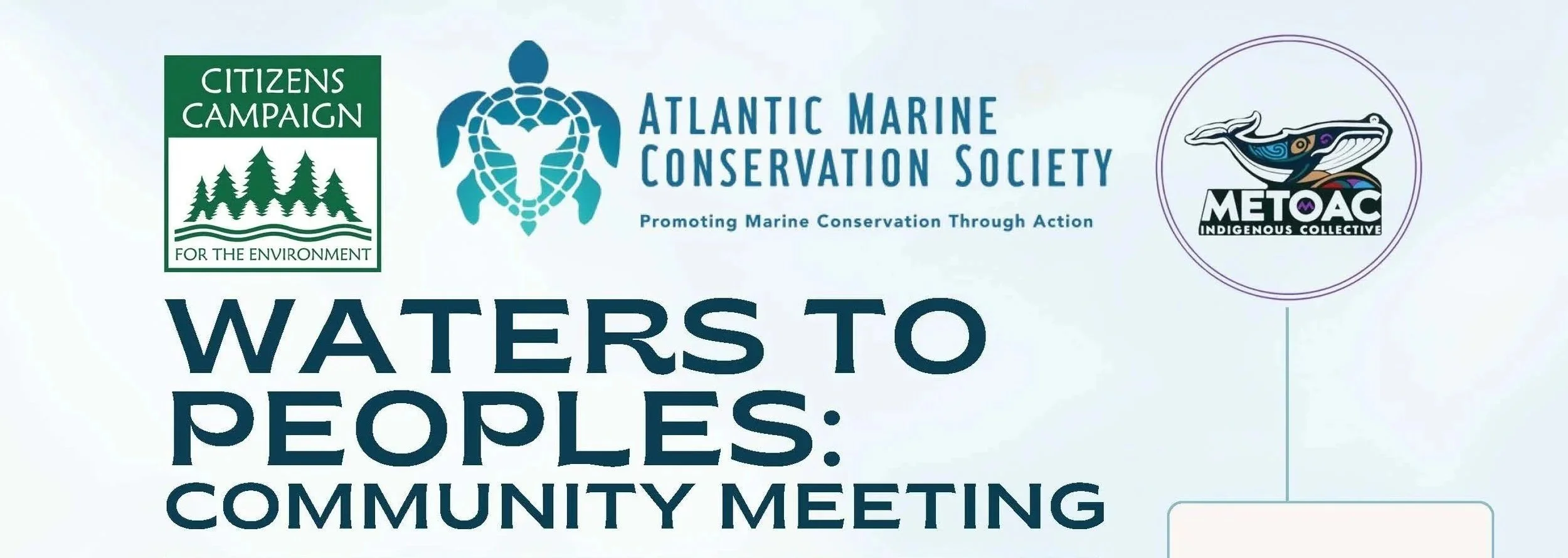

NEW YORK — Environmental advocates are rejoicing after news that Governor Kathy Hochul has signed the Horseshoe Crab Protection Act, which will phase out harvesting horseshoe crabs from New York waters.
The Horseshoe Crab Protection Act prohibits the taking of horseshoe crabs from state waters for commercial and biomedical uses, environmental advocates said.
Testing is underway at dozens of Long Island schools after lead was found in the water in both Nassau and Suffolk counties. It comes after New York changed the acceptable levels of lead that can be found in school drinking water. NBC New York’s Greg Cergol reports.
Lead testing shows more than one-third of school buildings exceed the state's lead limit. CBS News New York's Carolyn Gusoff explains the numbers and what districts have to do next.
According to the state, more than 40 school districts in Suffolk County and over 20 districts in Nassau County have faucets or water fountains with lead levels exceeding the state’s newly enforced limit.
New data from the New York State Department of Health shows that dozens of Long Island school districts have tested positive for lead in their drinking water, prompting concerns among parents and advocates and requiring districts to take corrective action.
Water testing revealed elevated lead levels at several school buildings, prompting shutoffs, repairs, and plans to replace older fountains
The Farmingdale School District is notifying parents after recent testing found elevated levels of lead in drinking water at several school buildings.



